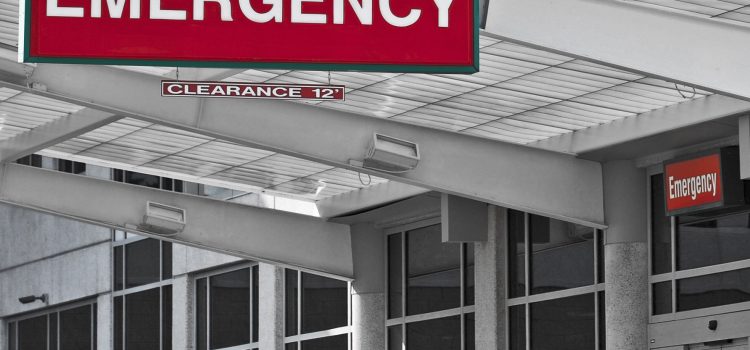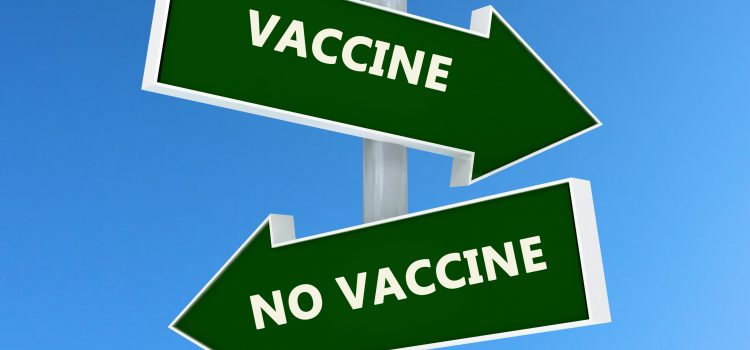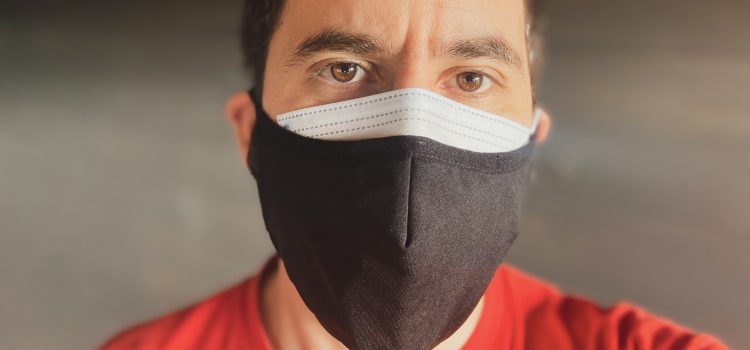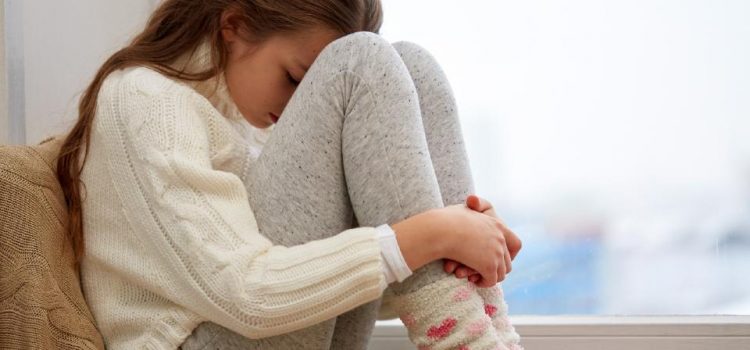Shakespeare may have opined that “a rose by any other name would smell as sweet,” but a new report from JAMA Network Open reveals that the words you choose when speaking with patients matter a great deal—to the extent that they can actually affect healthcare quality and patients’ opinions of you as a provider. Researchers who looked at 600 patient encounters involving 138 physicians discovered six ways that physicians express “positive” feelings (eg, compliments, approval, …
Read More









